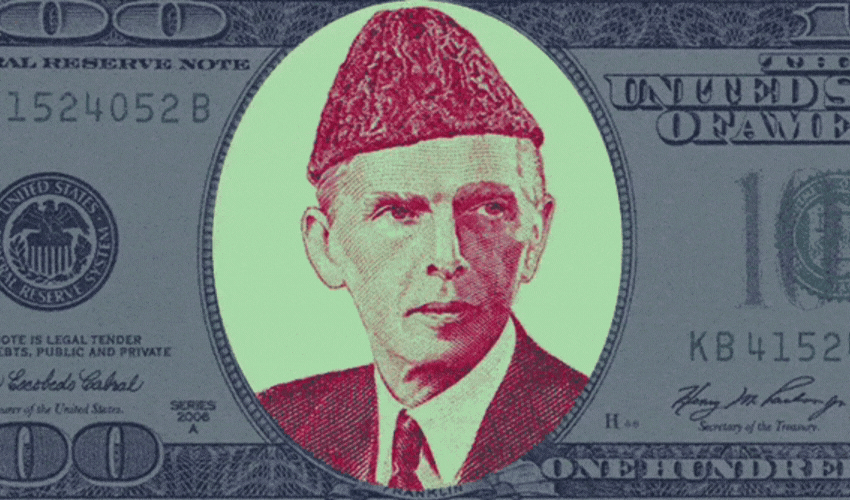In a global financial landscape marked by economic uncertainties and challenges, Pakistan has once again turned to the International Monetary Fund (IMF) for support, sealing its 23rd lending commitment in a history spanning 76 years.
However, Pakistan's situation is not unique, as it joins the ranks of countries grappling with substantial IMF debts. Among these nations, Pakistan currently holds the 5th position in terms of outstanding IMF credit, trailing behind Argentina, Egypt, Ukraine, and Ecuador.
This report delves into the intricacies of these countries' financial obligations to the IMF, their economic circumstances, and the implications of their reliance on international financial assistance.
1. Argentina - Leading debt chart with $40.2bn
Argentina takes the top spot on the list of countries with the most outstanding IMF credit, with a staggering $40.2 billion.
The South American nation has a history of financial instability and has sought IMF assistance multiple times to navigate its economic challenges.
2. Egypt - Second in line with $17.3bn
Egypt secures the second position on the list, owing $17.3 billion to the IMF.
Egypt's economic situation has been influenced by various factors, including political instability, and it has turned to the IMF for financial support to stabilize its economy.
3. Ukraine - Holding third place with $12.7bn
Ukraine ranks third with an IMF debt of $12.7 billion.
The country has faced economic turbulence due to geopolitical conflicts, and IMF support has been crucial in maintaining financial stability.
4. Ecuador - Fourth place with $8.1bn
Ecuador follows closely behind, with an outstanding IMF debt of $8.1 billion.
The country has grappled with economic challenges, and IMF programs have played a role in helping Ecuador manage its finances.
5. Pakistan - Fifth on list with $7.1bn
Pakistan secures the fifth position with an IMF debt of $7.1 billion.
The recent $3 billion staff-level agreement is expected to add to this figure, further highlighting Pakistan's financial struggles.
Other countries with significant debts
Several other countries also have substantial IMF debts, including Colombia ($5.0 billion), Angola ($4.2 billion), South Africa ($4.1 billion), Nigeria ($3.3 billion), and Cote d'Ivoire ($2.5 billion). These nations face unique economic challenges and have sought IMF assistance to stabilize their financial situations.
The prevalence of countries with substantial IMF debts underscores the continued role of the IMF in providing financial support to nations facing economic challenges.
While these loans can help stabilize economies in the short term, they also highlight the need for comprehensive economic reforms and long-term sustainability to reduce reliance on such financial assistance.
As the global economic landscape evolves, these countries will continue to grapple with the complexities of managing their IMF debts while striving for economic stability and growth.


























